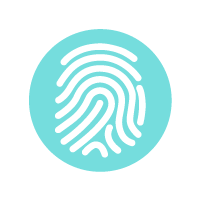Digital forensics is the process of extracting and analyzing data contained within digital systems to find evidence that can help resolve cyberattacks, disputes, litigation, and criminal cases. Using methods of electronic discovery, trained computer forensic analysts examine computers, cell phones, hard drives, networks, systems, and digital components for digital forensics investigative purposes.

Digital forensics is often a critical component of criminal cases, civil fraud cases, whistleblower complaints, internal investigations, and other matters that require analysis to understand when, how, and who used technology to perpetrate misdeeds.
Digital forensic investigations can unearth a great deal of information after cyberattacks, including:
- Identifying the cause and implications of cyberattacks
- Containing and remediating attacks
- Safeguarding digital evidence before it becomes obsolete
- Retracing hacker steps, and finding hacker tools
- Identifying whether data was accessed or exfiltrated
- Identifying the duration of unauthorized access to the network
- Geolocating the hacker logins and mapping them

